What is the difference between uns N07718 and Inconel 625?
UNS N07718 and Inconel 625 are two distinct materials used in various industries, particularly in high-temperature and corrosive environments. While they share some similarities, they are different alloys with unique compositions and properties. Let's explore the key differences between UNS N07718 and Inconel 625:
UNS N07718:
UNS N07718 is a high-strength nickel-based superalloy, also known as Alloy 718. It is composed of predominantly nickel (around 52-55%), with significant amounts of chromium, iron, and niobium, among other elements. The addition of niobium enables precipitation hardening, which enhances the alloy's mechanical properties, making it suitable for high-stress applications.
Inconel 625 is another nickel-based superalloy, but it has a different composition compared to UNS N07718. It consists of approximately 60% nickel, along with significant proportions of chromium, molybdenum, and niobium, among other elements. The high nickel content provides excellent resistance to corrosion, while molybdenum enhances its resistance to pitting and crevice corrosion in chloride-containing environments.
Key Differences:
Chemical Composition: The primary difference between UNS N07718 and Inconel 625 lies in their chemical compositions. While both alloys contain nickel and chromium, UNS N07718 has higher amounts of iron and niobium, whereas Inconel 625 has higher molybdenum content. These differences in composition impart unique properties to each alloy.
Additional resources:What can petroleum coke be used for?
What are the advantages of purchasing Smco Magnets?
Your Guide to Custom Aluminum Casting
Customized Ground Carbide Rod: The Ultimate Tooling Innovation?
Unveiling the Versatility of Crimped Wire Mesh
What is a K12 pipe?
Is J55 casing the top choice for B2B clients in the purchase stage?
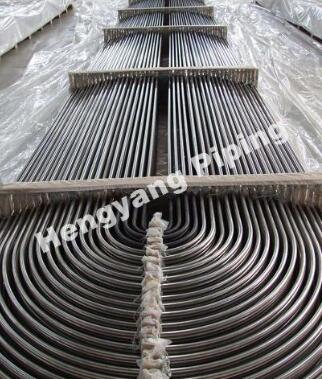
Strength and Hardness: UNS N07718 (Alloy 718) exhibits higher strength and hardness compared to Inconel 625. The addition of niobium in Alloy 718 allows for precipitation hardening, resulting in a higher level of mechanical strength, making it suitable for critical applications such as aerospace components.
Corrosion Resistance: Inconel 625 is renowned for its exceptional corrosion resistance, particularly in highly aggressive environments containing chlorides, acids, and seawater. It offers superior resistance to pitting, crevice corrosion, and stress-corrosion cracking. On the other hand, UNS N07718, while still corrosion-resistant, may not match the same level of corrosion resistance as Inconel 625.
Temperature Range: Both alloys have excellent high-temperature properties. However, UNS N07718 (Alloy 718) is designed for service temperatures up to around 1300°F (700°C), while Inconel 625 can withstand temperatures up to approximately 1800°F (982°C). Therefore, Inconel 625 is preferred in extremely high-temperature applications.
Applications: Due to its superior corrosion resistance, Inconel 625 is commonly used in marine environments, chemical processing, and the aerospace industry. It is also favored in oil and gas applications where resistance to sour gas environments is crucial. UNS N07718 (Alloy 718), with its higher strength, is often employed in aircraft engines, gas turbines, and other high-stress applications.
In conclusion, while both UNS N07718 (Alloy 718) and Inconel 625 pipe are nickel-based superalloys with excellent properties, they have different chemical compositions, resulting in variations in strength, hardness, corrosion resistance, and temperature capabilities. Engineers and designers carefully select between these materials based on specific project requirements, ensuring optimal performance and longevity in their respective applications.
Aluminum vs. Stainless Steel Window Screen Mesh: Unveiling the Ultimate Choice
What is alkali resistant fiberglass mesh?
The Ultimate Guide to Stainless Steel Security Mesh
Which Filtration Mesh Material is Ideal for Drinking Water?
What is the difference between pet resistant screens and regular screens?
What are the top advantages of using 4mm Special for blast furnace Graphite Blocks?
What is the meaning of Galvalume?
292
0
0
Related Articles
-
237
0
0
-
281
0
0
-
Sintered Neodymium Magnets: Exploring Unbelievable Physical Properties & Benefits
Sintered Neodymium Magnets: Exploring Unbelievable Physical Properties & Benefits.
218
0
0
-
Which are the top 10 advantages of using PN16 fittings in the purchase stage?
Which are the top 10 advantages of using PN16 fittings in the purchase stage?
245
0
0
-
225
0
0
-
The Incredible Properties of Sepiolite Fiber
The Incredible Properties of Sepiolite Fiber: What Makes It a Wonder Material?
215
0
0
-
244
0
0
-
233
0
0

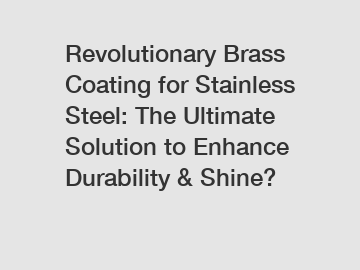
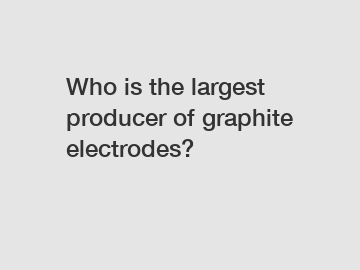
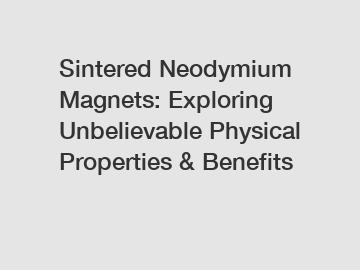
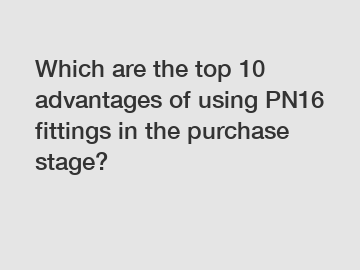

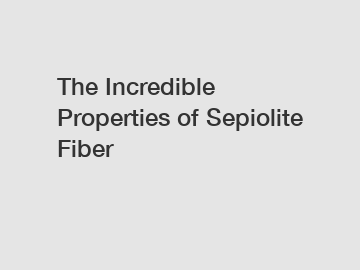
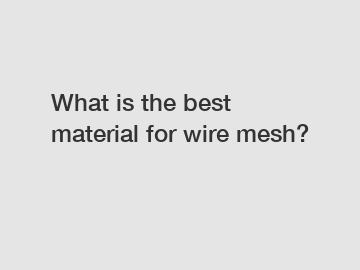
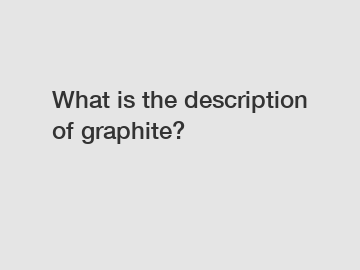
Comments
All Comments (0)